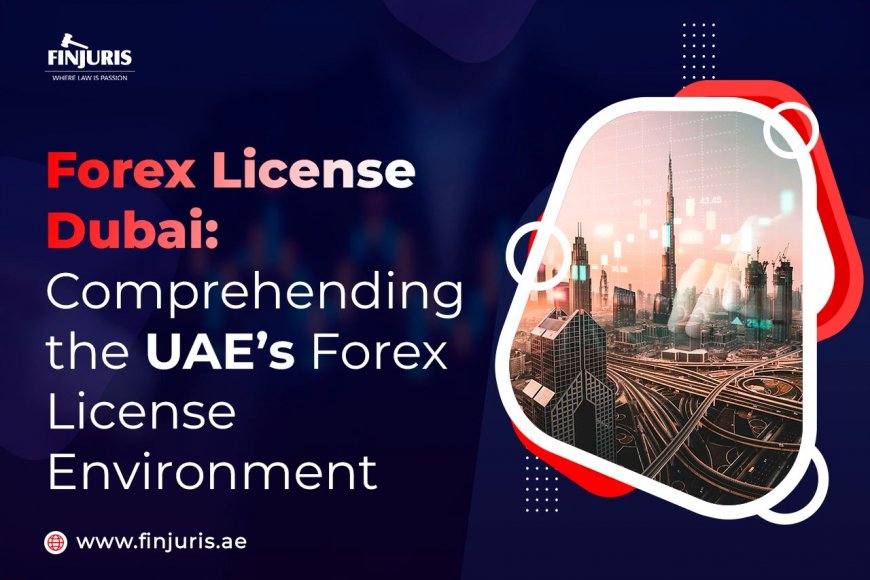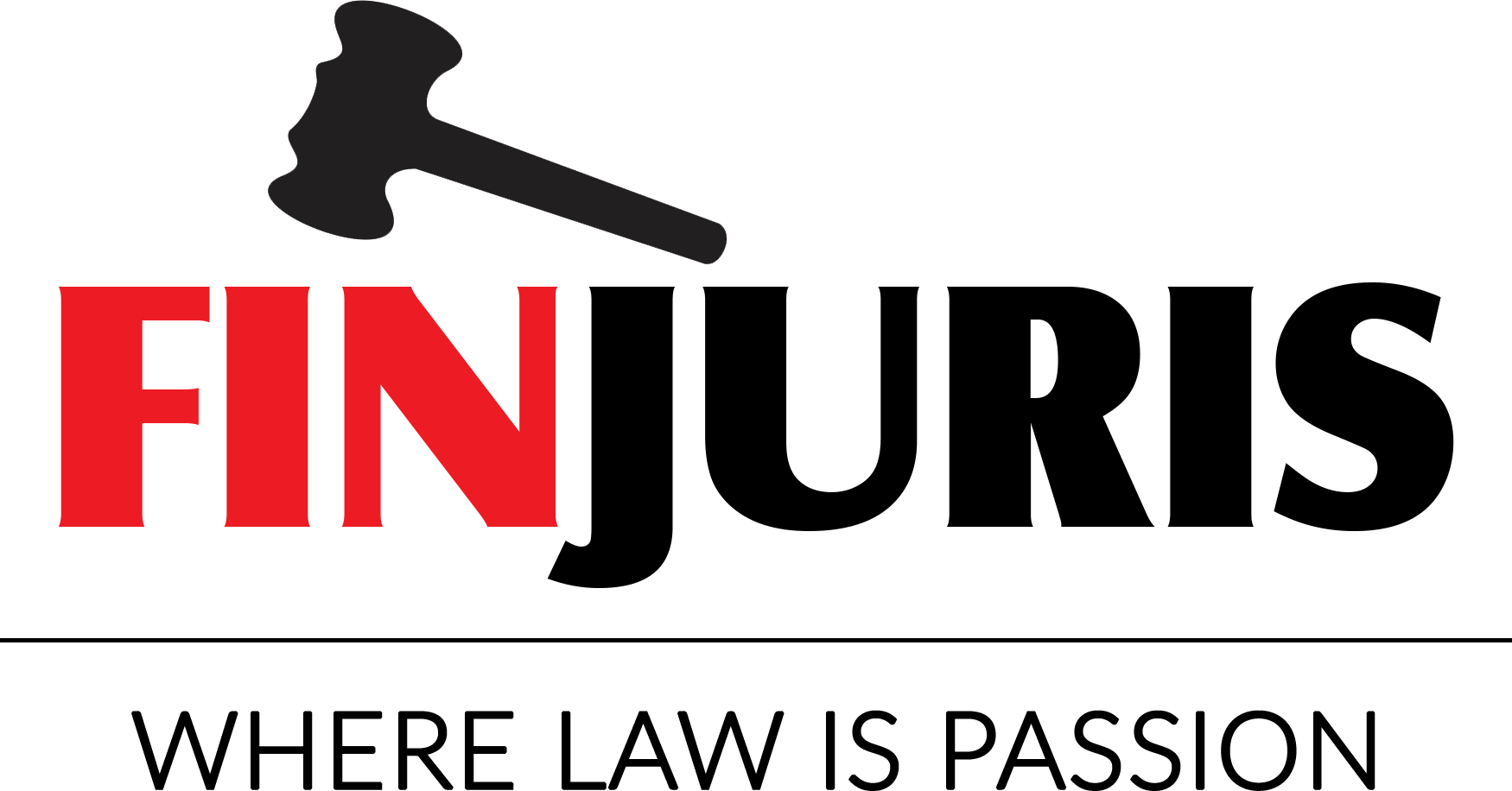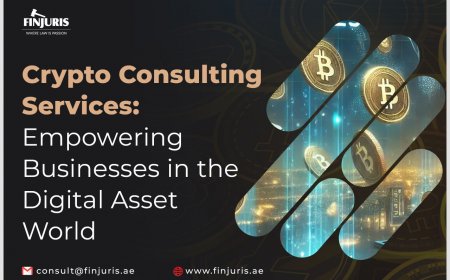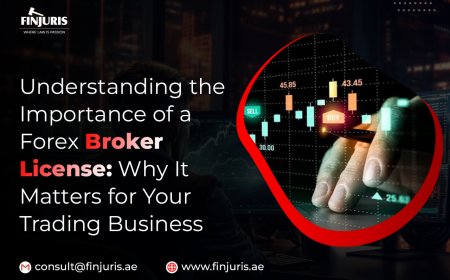Forex License Dubai: Comprehending the UAE’s Forex License Environment
Learn about the Forex license environment in Dubai. Understand the regulatory framework, requirements, and benefits of obtaining a Forex license in the UAE to operate legally and successfully.

With the rise of Dubai as a worldwide financial hub, traders and forex brokers come from all over the world. With its advantageous location, cutting-edge infrastructure, and welcoming regulatory framework, the United Arab Emirates (UAE) presents a great chance for those wishing to make a name for themselves in the forex market.
For businesses looking to operate lawfully and access the lucrative forex market, obtaining a forex license Dubai or elsewhere in the United Arab Emirates is an essential first step. This article explores the advantages, steps, and important factors associated with obtaining a forex license in Dubai and the United Arab Emirates.
What is Forex Licensing
An official license that allows a business to engage in forex trading lawfully is known as a forex license. This involves managing currency exchange, providing forex-related financial services, and serving as a client broker. Any company that wants to operate in the forex market in the United Arab Emirates must have a forex license to comply with the regulatory requirements established by the appropriate authorities. This framework for licensing ensures that forex activities are carried out ethically and transparently, protects investors, and upholds market integrity.
Reasons Why the UAE and Dubai Are Great for Forex Licenses
For several reasons, forex brokers and traders now choose Dubai and the wider United Arab Emirates. First, trading across time zones is made easy by the UAE's advantageous location at the confluence of Europe, Asia, and Africa, enabling round-the-clock activities. Modern financial services, transportation networks, and telecommunications are just a few examples of the state-of-the-art infrastructure that makes doing business in the UAE dependable and efficient.
Another big benefit is the tax system in the UAE, which offers a tax-friendly system with no capital gains tax and no personal income tax. Additionally, 100% foreign ownership, complete profit repatriation, and exemption from customs charges are offered by many free zones in Dubai, which attracts international enterprises operating in the currency industry financially.
Furthermore, a transparent and safe environment for forex trading is ensured by the UAE's well-developed regulatory structure, protecting investors and upholding market stability. Finally, the UAE's open and varied economy gives companies looking to service worldwide markets access to a global clientele, which makes it a great place to do business.
Regulating Bodies in the United Arab Emirates That Oversee Forex
In the United Arab Emirates, various authorities governing various jurisdictions within the nation regulate forex trading activity. The Dubai International Financial Centre (DIFC), a special economic zone renowned for its strict regulatory standards and commitment to global best practices, is governed by the Dubai Financial Services Authority (DFSA). Another important financial free zone is the Abu Dhabi Global Market (ADGM), where the Financial Services Regulatory Authority (FSRA) oversees and guarantees a safe environment for foreign exchange transactions.
The Central Bank of the United Arab Emirates is the principal regulatory agency for companies operating outside of these free zones, supervising financial services and guaranteeing adherence to domestic legislation. Depending on the particulars of the business operations involved, the Securities and Commodities Authority (SCA) may also have an impact on the regulation of financial markets, commodities, and securities in the United Arab Emirates.
The Process of Obtaining a Forex License in UAE
Acquiring a forex license in UAE involves several important steps. The first step is to determine which regulatory authority will govern the business operations. This choice depends on whether the business will be located in a free zone, such as the DIFC or ADGM, or the mainland UAE. Once the regulatory jurisdiction is chosen, selecting the appropriate business structure is essential. Common options include setting up a Limited Liability Company (LLC) or a Free Zone Company (FZC), each of which has different implications for licensing and regulatory oversight.
The application for the forex license must be submitted after choosing the business structure. Typically, this application process necessitates the submission of extensive business data, including financial predictions, operational details, and compliance protocols. Additionally, capital criteria must be fulfilled.
Various regulatory bodies have established minimum capital requirements, which companies must meet in order to be granted a license.
Strong compliance and Anti-Money Laundering (AML) protocols must be demonstrated. This is an essential step in the application process. Companies need to demonstrate that they have a compliance officer on staff, have put Know Your Customer (KYC) procedures into place, and have set up protocols for keeping thorough records of every transaction.
Another necessity is to get office premises under the relevant regulatory authority's jurisdiction. Businesses that wish to apply for a license with the DFSA, for instance, must have an office in the DIFC and be outfitted with the tools required to facilitate currency activities.
The application is reviewed by the regulatory body once all conditions have been satisfied. The company receives a forex license upon approval, enabling it to do lawful business in Dubai or the United Arab Emirates.
Benefits of Having a Forex License in UAE
There are several benefits to using a forex license in Dubai or the UAE. First and foremost, a license from an established regulatory body—like the DFSA or ADGM—improves the business's reputation and draws in additional customers and partners. The population of the United Arab Emirates is diversified and has a strong economy, creating a sizable and dynamic market for forex trading services that presents development and expansion prospects.
The UAE's business climate, which is distinguished by advantageous tax laws, strong infrastructure, and encouraging regulatory frameworks, fosters a setting that is ideal for the growth of forex enterprises.
In addition, the regulatory bodies in the United Arab Emirates offer continuous assistance and direction to authorized foreign exchange brokers, assisting them in maneuvering through the intricate financial terrain and upholding adherence to pertinent legislation.
Getting a forex license Dubai or the forex license in UAE is a wise move that gives you access to one of the most active financial marketplaces on the planet. The procedure calls for thorough preparation, conformity to legal specifications, and continuous dedication to moral behavior and compliance.
But it's a worthy investment because of the benefits of operating under a UAE forex license, which include increased credibility, access to a varied and expanding market, and the backing of a business-friendly environment. Forex brokers may position themselves for long-term success in the global forex market by establishing a strong presence in Dubai and the UAE and by carefully planning and comprehending the regulatory environment.
What's Your Reaction?




















